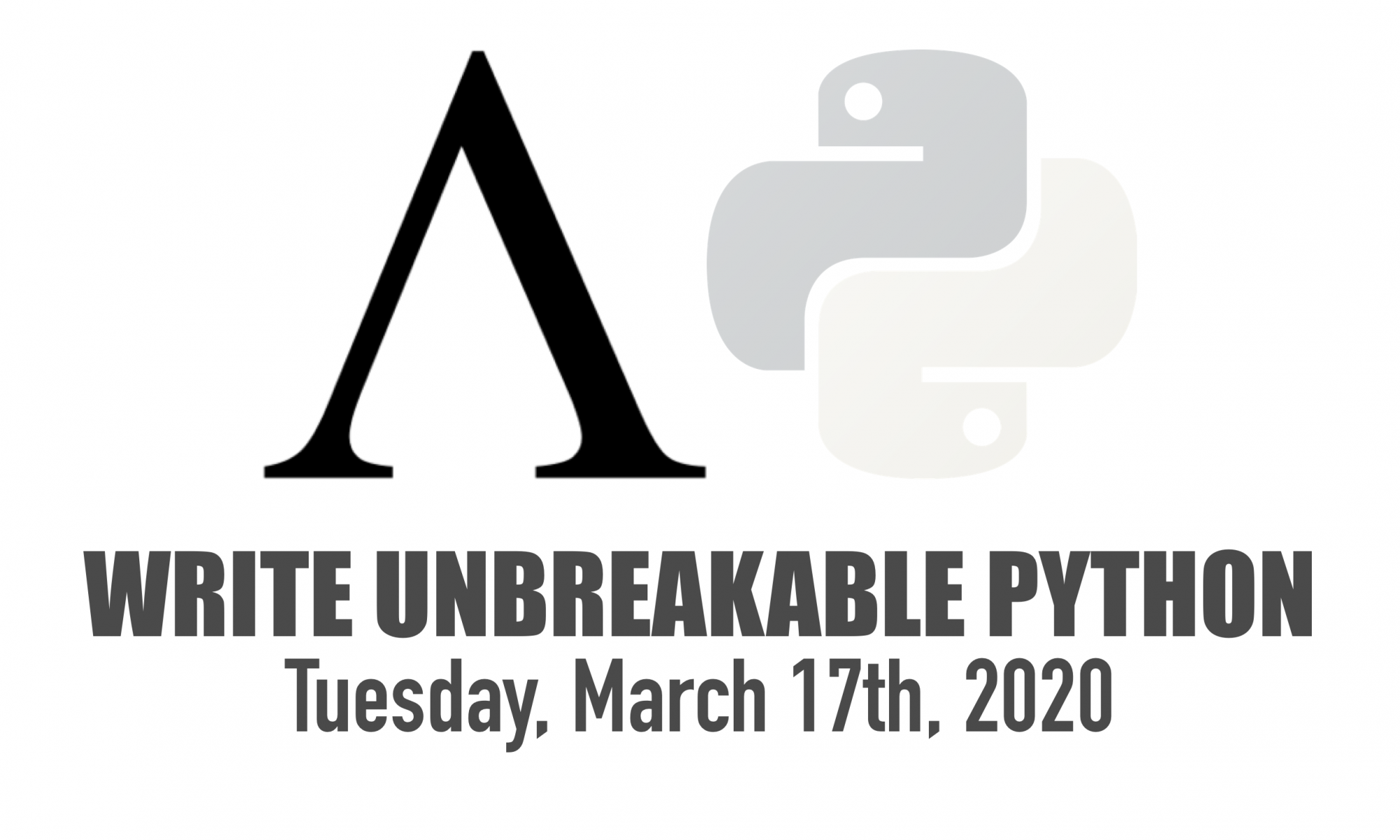In this article, I’ll show you how to write Python with no runtime exceptions. This’ll get you partway to writing code that never breaks and mostly does what it’s supposed to do. We’ll do this by learning how to apply functional programming to Python. We’ll cover:
- ensure functions always work by learning Pure Functions
- avoid runtime errors by return Maybes
- avoid runtime errors in deeply nested data using Lenses
- avoid runtime errors by return Results
- creating pure programs from pure functions by Pipeline Programming



